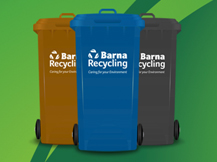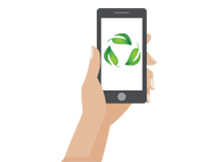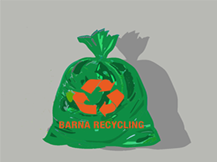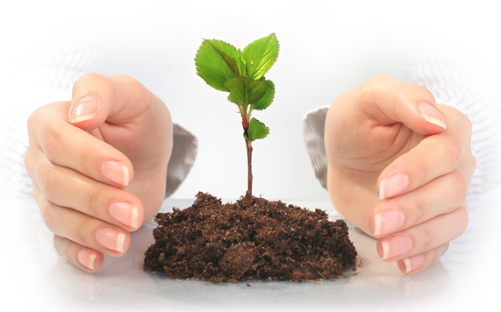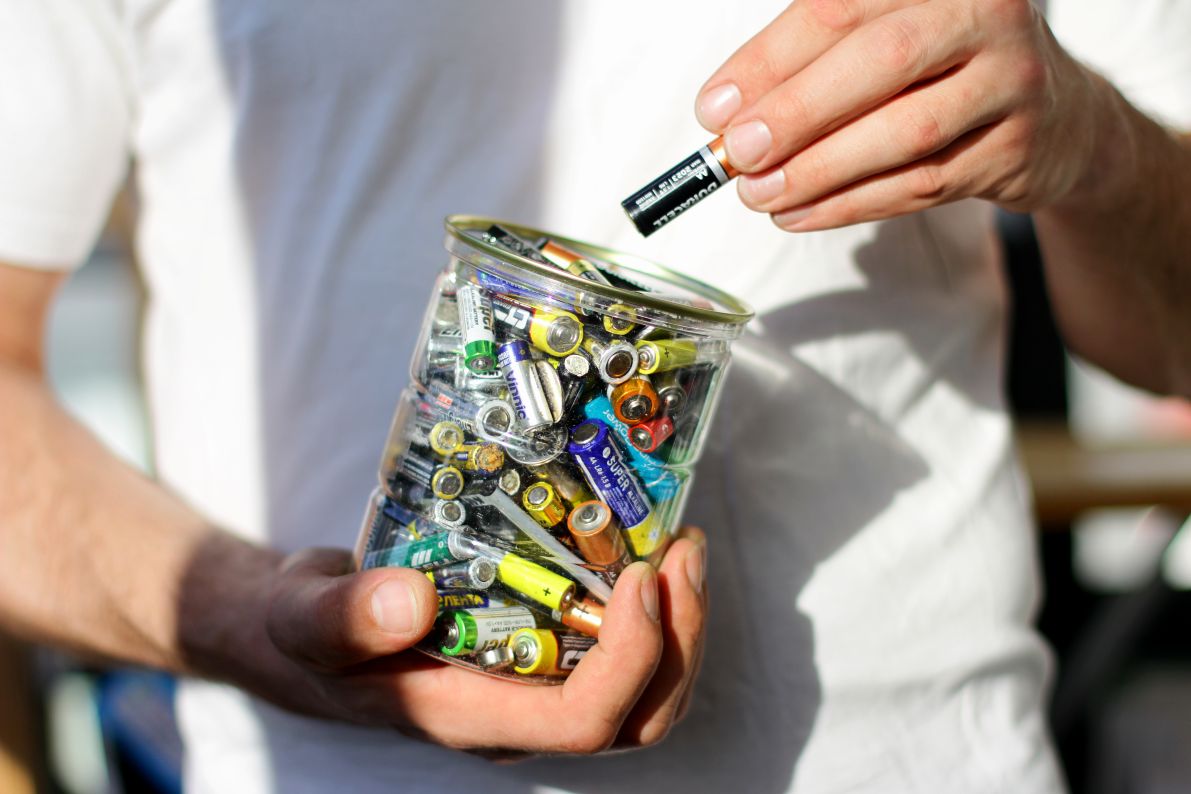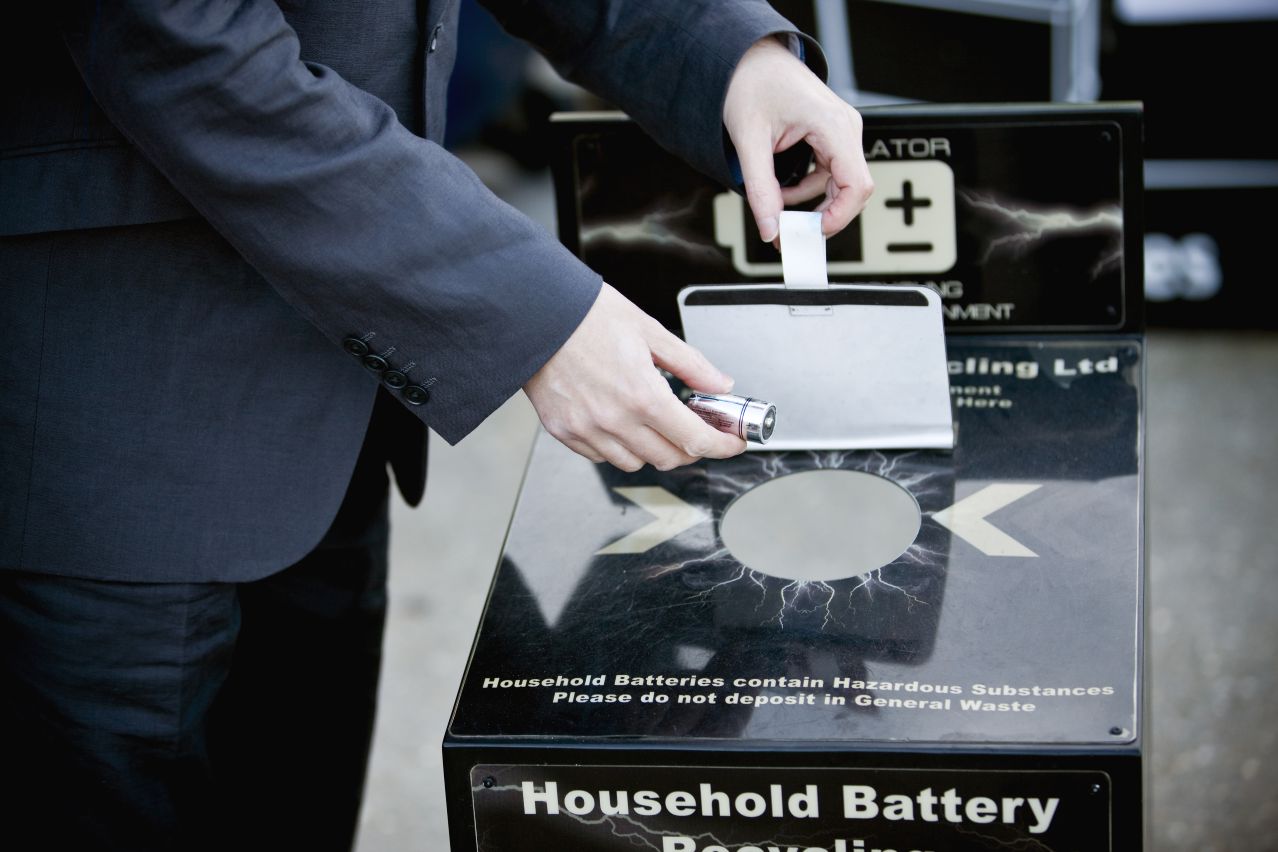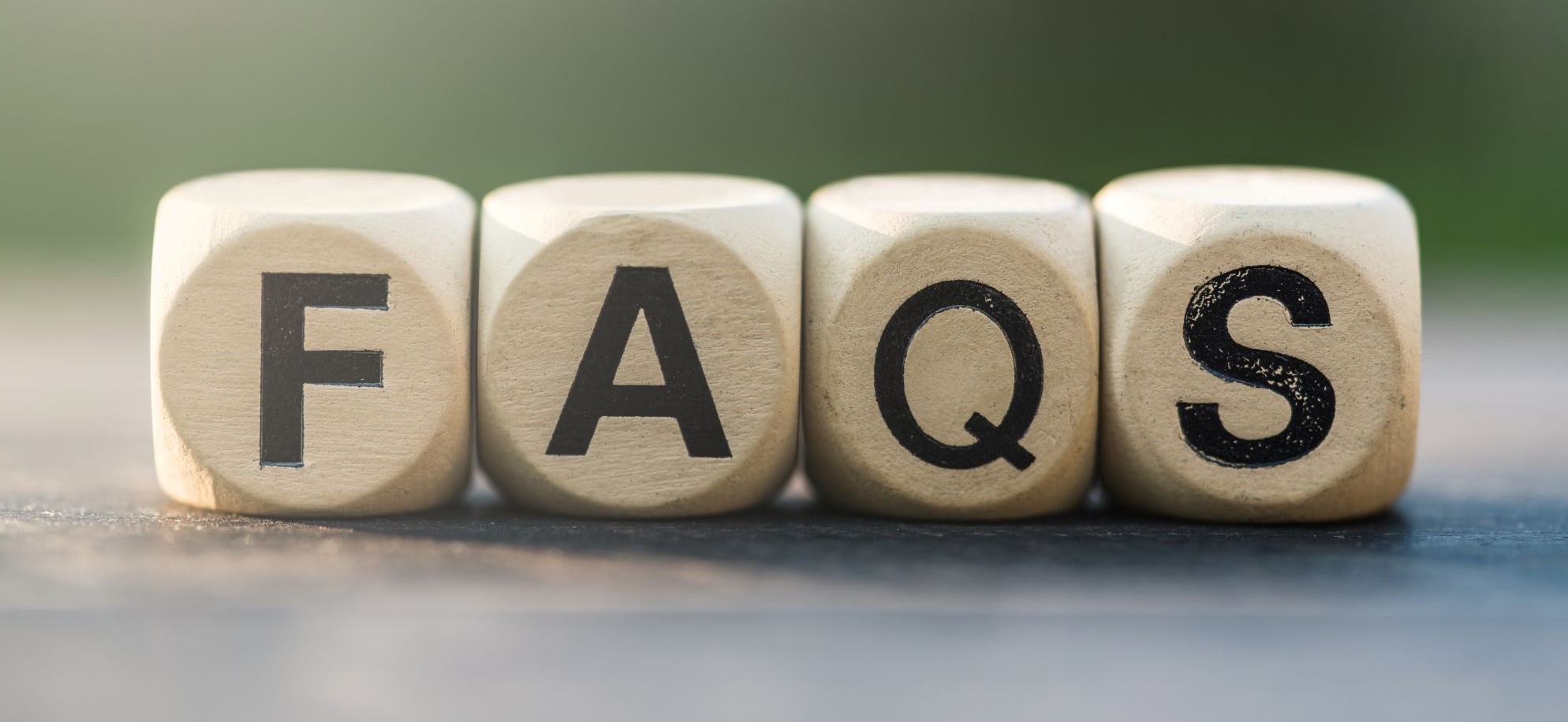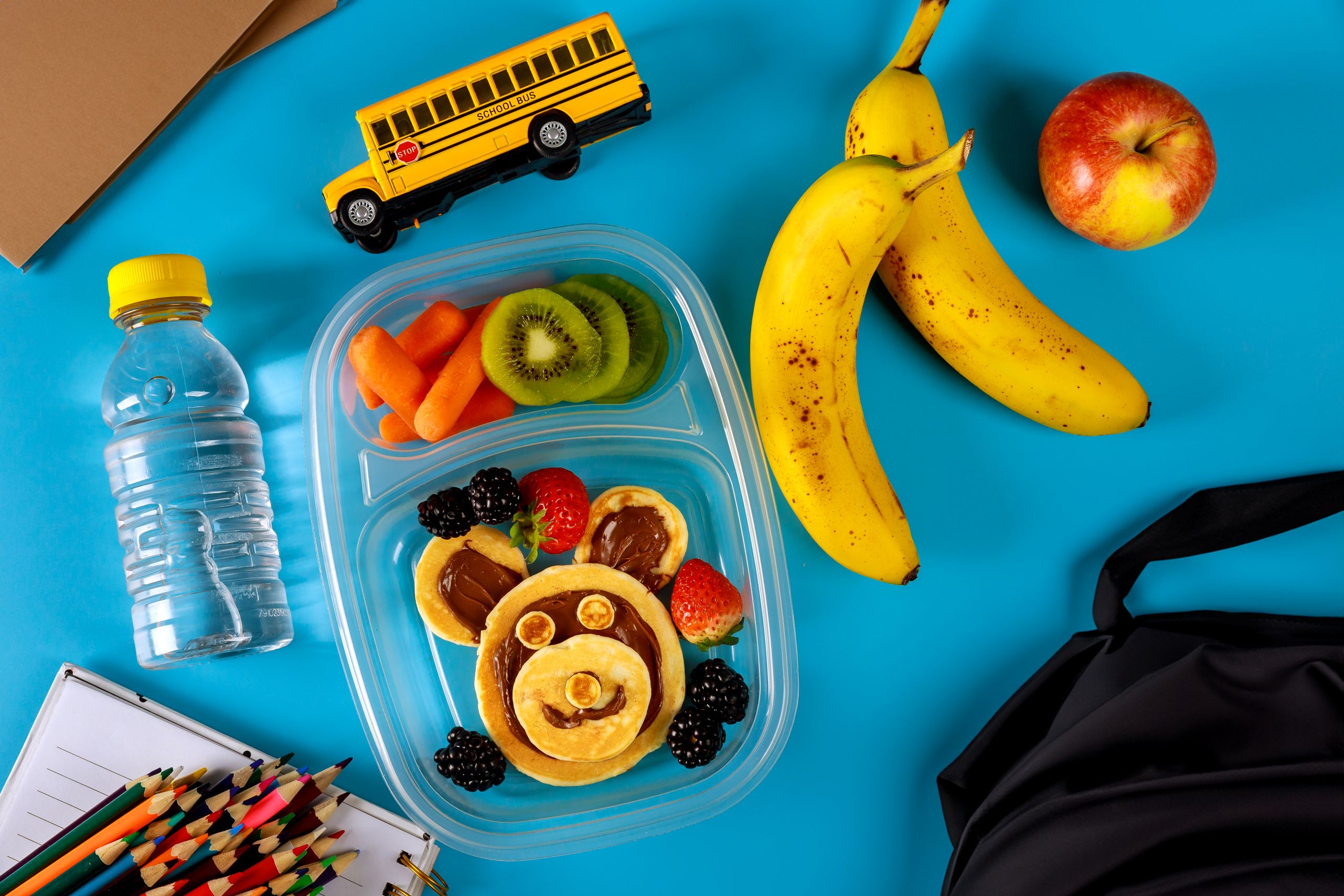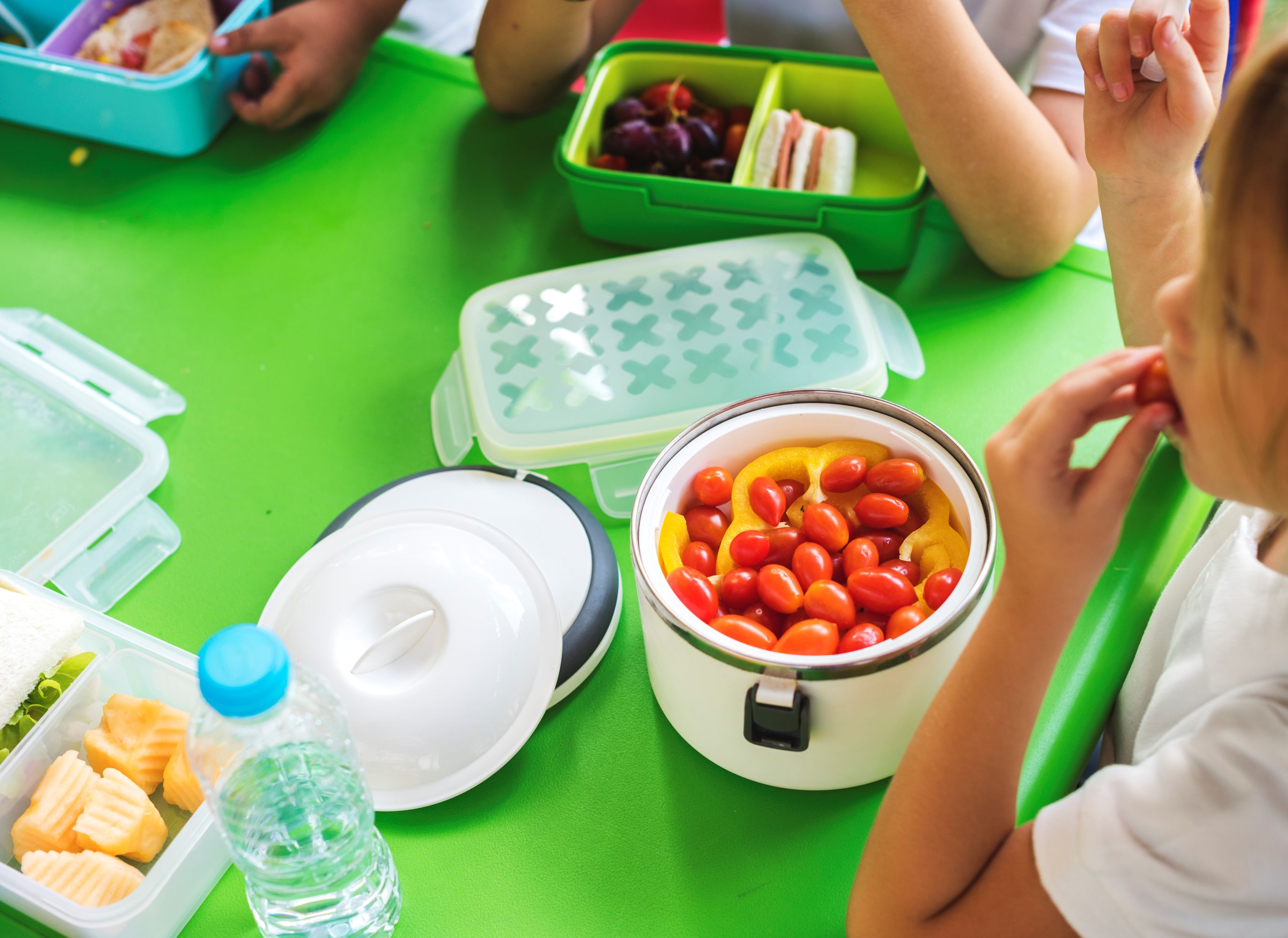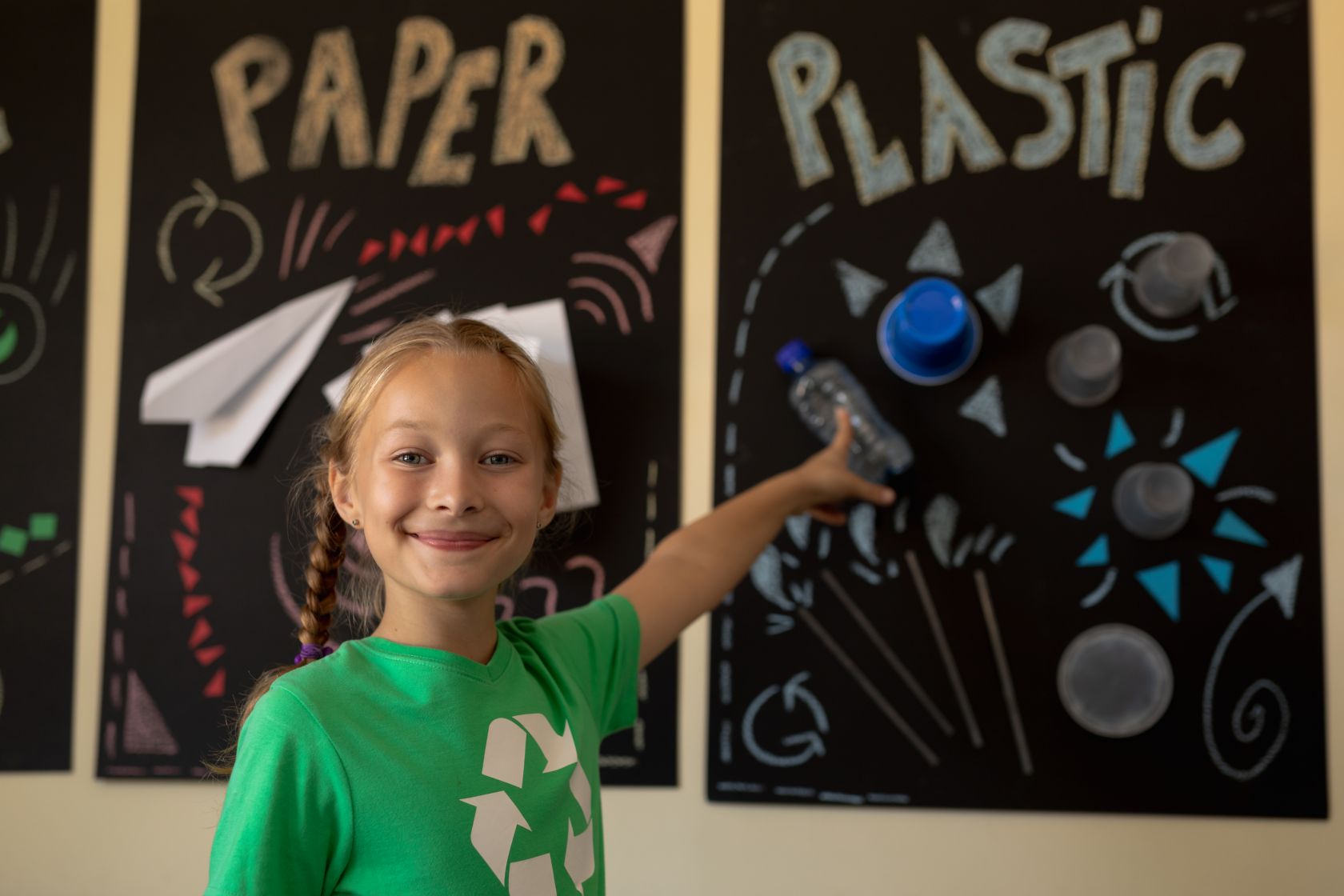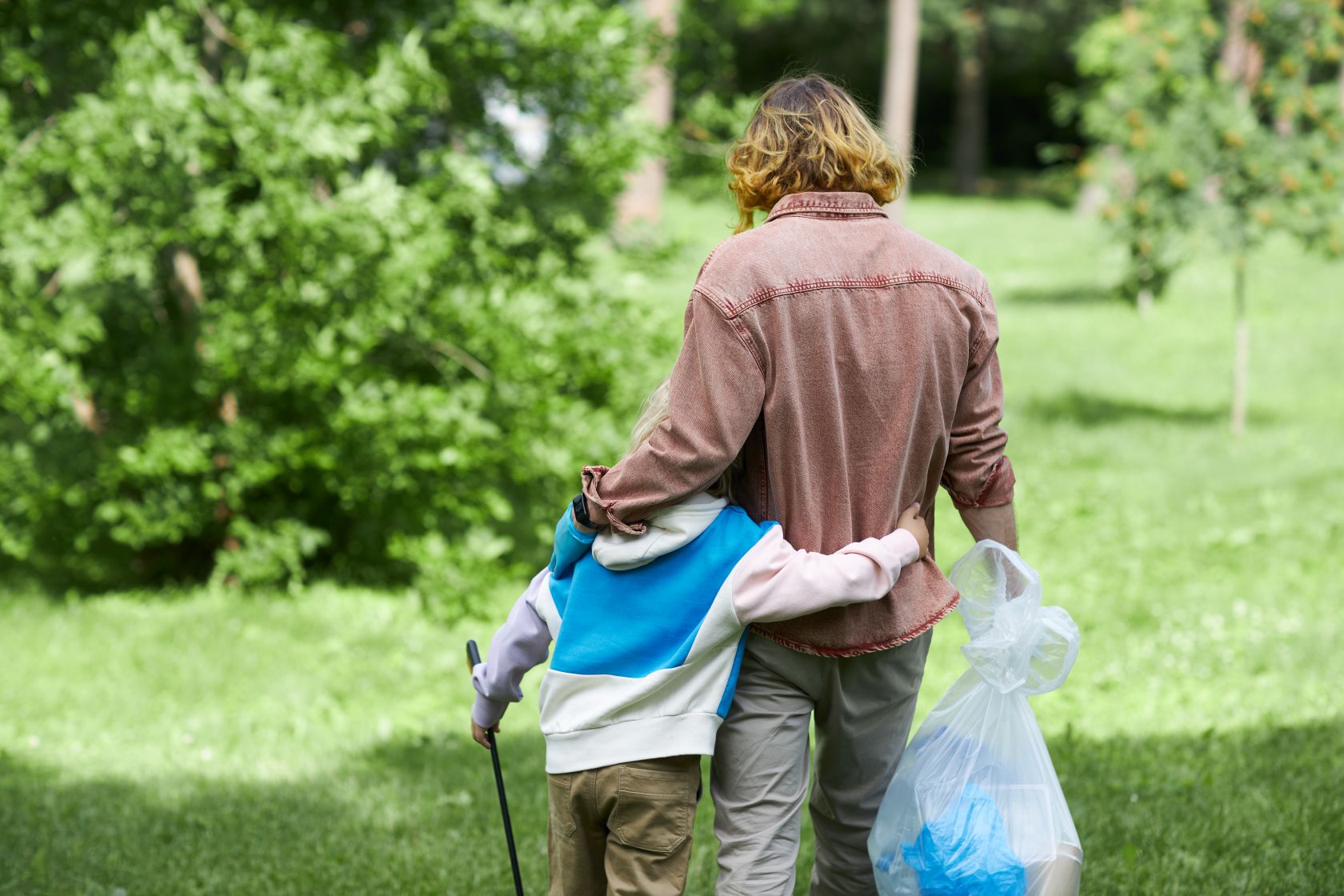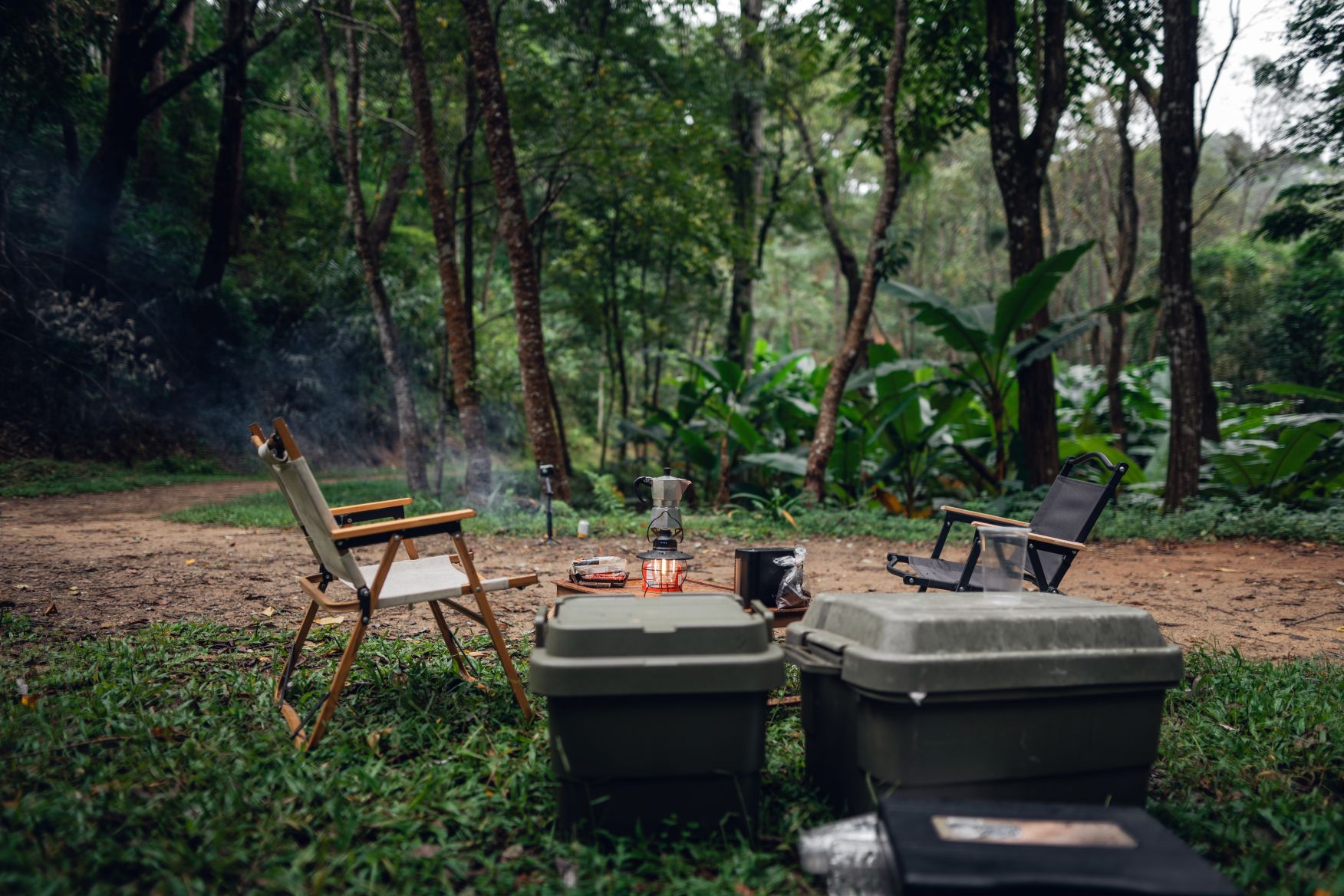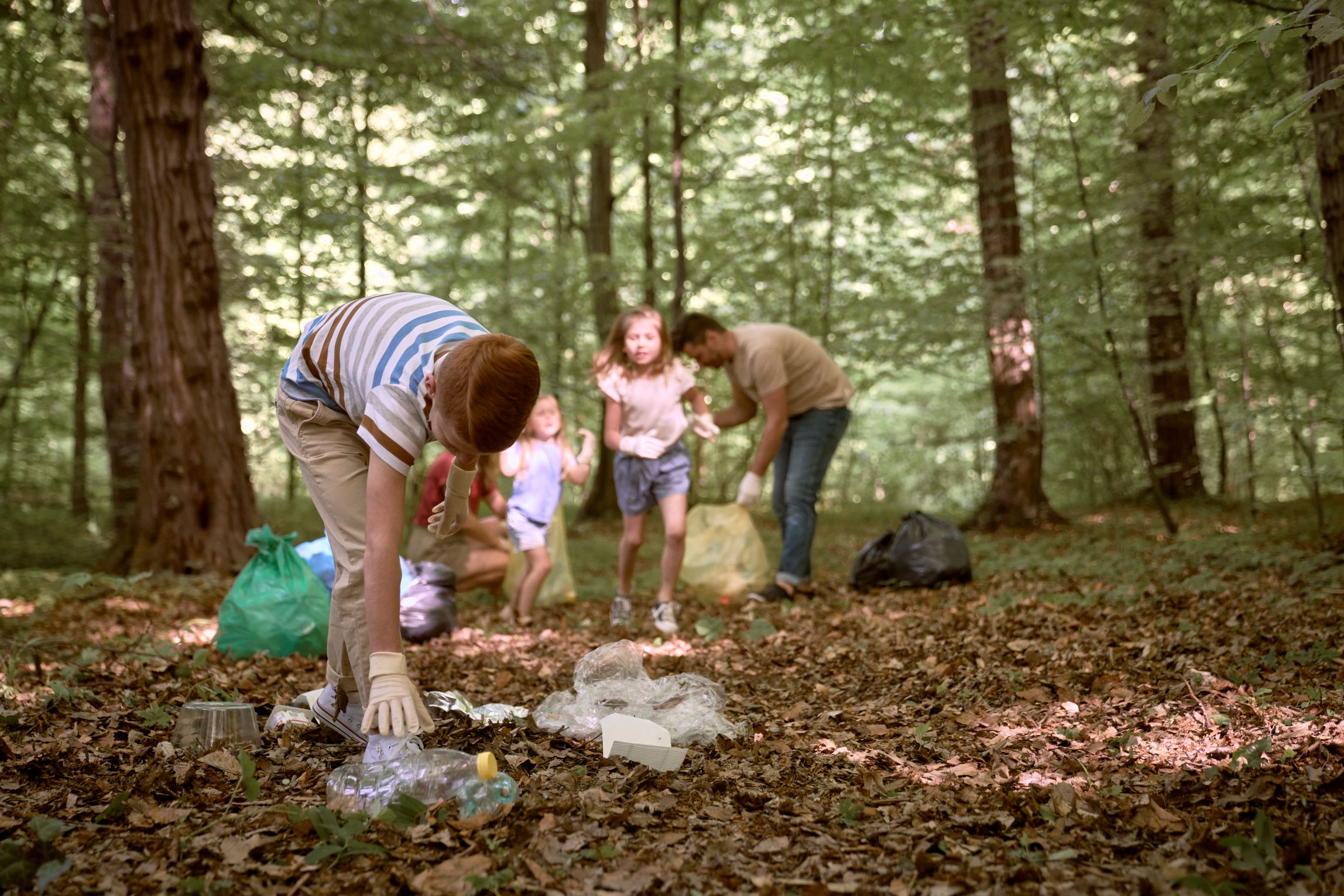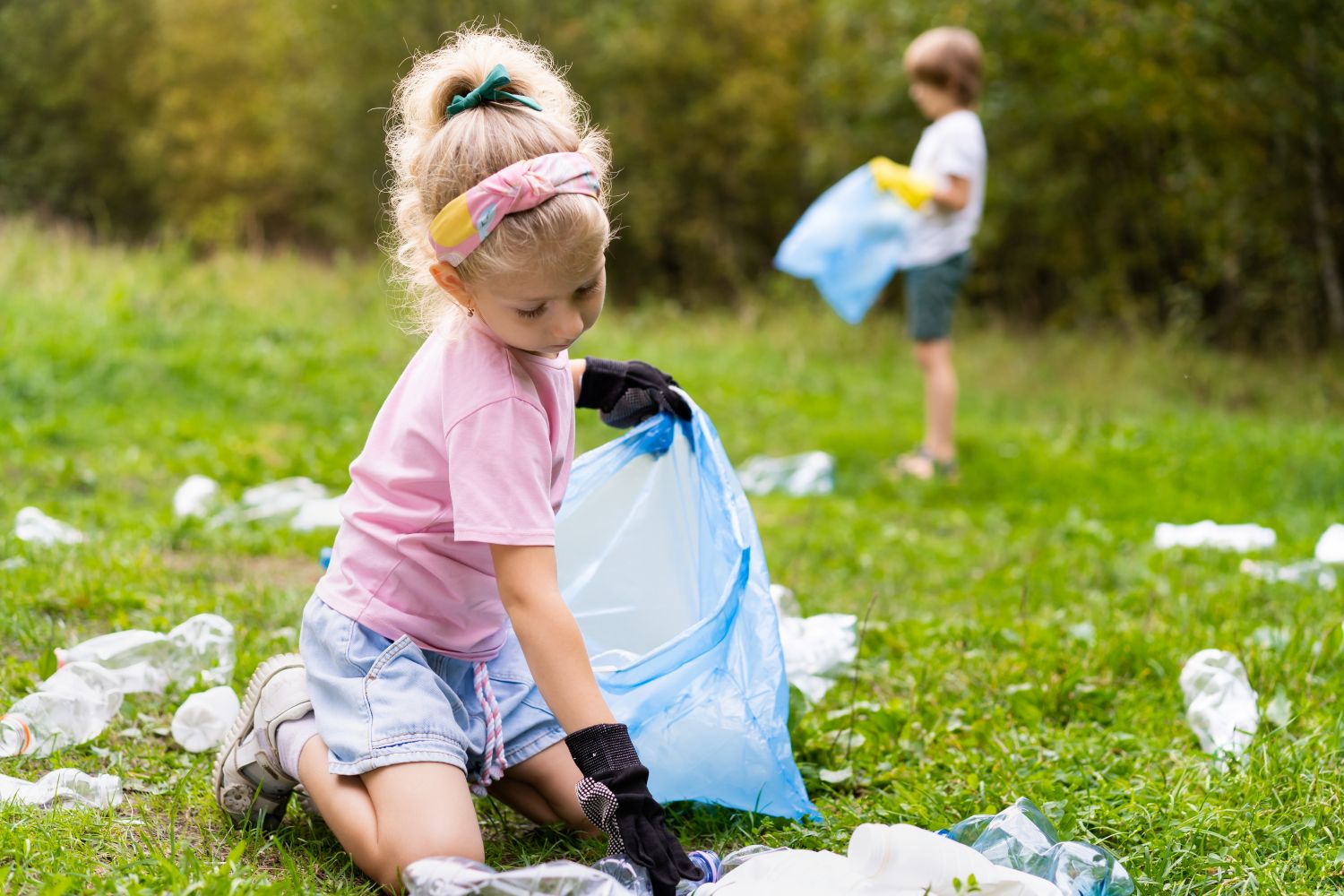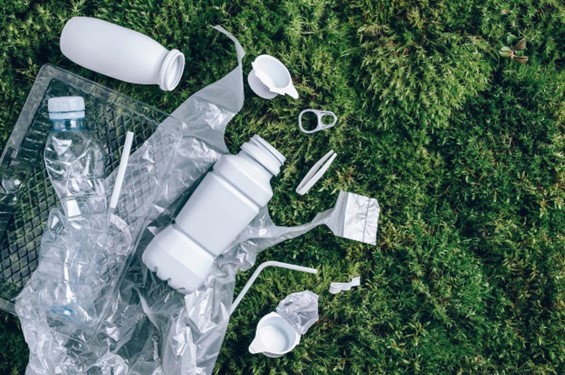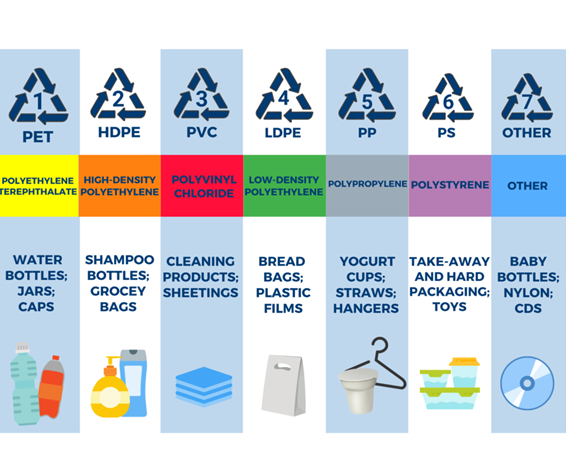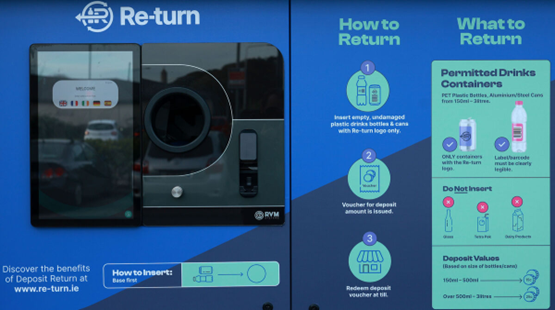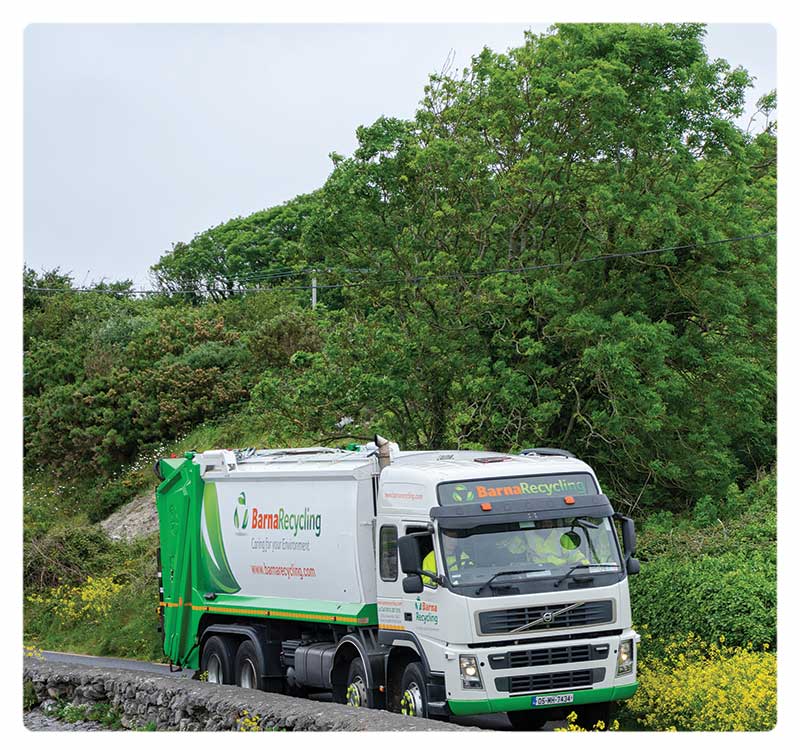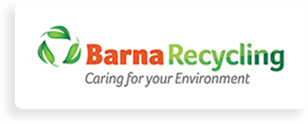- Barna Recycling
- Oct 14, 2025
Why You Should Never Bin Batteries or Vapes in Your Household Waste
As more Irish households adopt devices powered by batteries or rechargeable components, it is vital to understand the risks of disposing of used batteries and vapes incorrectly. Putting them into your general waste bin might seem harmless, but in fact it carries serious dangers—for safety, for the environment, and for workers in the waste industry.
This post explains those hazards, outlines the correct disposal methods in Ireland, and answers common questions. It is optimised for local SEO and aligned with Barna Recycling’s ethos in Connacht.
A Massive Danger for Householders
Householders should know there’s a real fire risk from discarded batteries and vapes. If these are damaged or crushed in a wheelie bin, a bin truck, or at a sorting facility, lithium cells can short out and flare up, sometimes with little warning.
A small fire can spread quickly, fill the air with toxic smoke, and damage fences, sheds, and vehicles, which can put people and pets at risk. Fires like this can also disrupt collections and mean costly repairs or insurance claims.
The safest approach is to store used batteries and vapes in a cool, dry place away from anything flammable, and take them to a designated drop-off point or an approved battery recycling service. The following section dives deeper into the consequences of the incorrect disposal of batteries and vapes.
Why Batteries and Vapes Don’t Belong in Your Household Bin
Fire and Thermal Runaway in Waste Streams
When batteries (especially lithium‑ion types) are crushed, punctured or damaged during waste collection or processing, they may enter thermal runaway, heating up uncontrollably, igniting nearby materials or even reigniting after being extinguished. In waste handling facilities, battery‑related fires are among the leading causes of serious incidents.
Globally, the rate of catastrophic fire losses in recycling and waste facilities is rising: one study found that the rate has increased by 41 % over the past five years, with many of those incidents traced to misdisposed lithium batteries.
The waste industry estimates that batteries are responsible for about half of the fires in waste and recycling streams.
Environmental and Health Hazards
Batteries and vape devices contain hazardous substances, such as heavy metals, corrosive electrolytes and other toxic chemicals. When landfilled or exposed to leaking conditions, these substances can leach into soil and groundwater, harming ecosystems, contaminating water sources and posing risks to human health.
Vape devices also may contain residual nicotine liquid, which is toxic and can pose spill or contamination risks if the device leaks.
Legal and Regulatory Obligations in Ireland
In Ireland, waste batteries and electronic equipment (WEEE) are regulated under national and EU law. They are classed as hazardous waste, so it is illegal to dispose of them in general household bins.
The European Union (Batteries and Accumulators) Regulations 2014 set out important obligations for battery producers, importers and distributors in Ireland.
In March 2024, new Battery Regulations under EU Regulation 2023/1542 came into effect in Ireland, with staged implementation of stricter rules on collection, labelling, producer responsibility and recycling targets.
Retailers in Ireland that sell electronic goods or batteries must accept waste batteries (of a type they sell) from customers free of charge for recycling.
It is also required that waste batteries never be placed in waste or recycling bins.
So, What Should You Do With Your Used Batteries and Vapes?
Disposing of batteries and vapes properly is easier than you might think. Here’s how:
- Don’t put them in the general waste bin.
- Use battery collection points. You’ll find free “Blue Battery Boxes” in local shops, supermarkets, electrical retailers, and your nearest civic amenity site.
- Separate removable batteries from vapes. If the battery can be taken out, drop it into a battery box. If not, recycle the entire device via a WEEE drop-off point.
- Cover battery terminals with tape. This prevents sparks or contact with other metals in transport.
- Use local recycling centres. Visit weeeireland.ie or mywaste.ie to find your nearest drop-off location.
- Take advantage of take-back schemes. If you’re buying a new vape or electronic item, ask the retailer to take your old one – they’re legally obliged to do so, even if you didn’t buy the original item there.
All of this is completely free of charge for consumers.
Where to Recycle Batteries and Vapes in Connacht
Here are some simple ways to safely dispose of your items:
- Battery recycling bins are widely available in Connacht supermarkets and newsagents.
- Barna Recycling’s civic amenity sites accept batteries and electronic waste. Visit our Household Recycling page for opening hours.
- Your local vape shop must accept your old device when you purchase a new one.
- Your nearest WEEE collection point – check weeeireland.ie for details.
FAQ (Frequently Asked Questions)
Can I put used batteries in the household recycling bin?
No, you should not. Batteries are classified as hazardous waste and must not go into household waste or recycling bins.
What do I do with a disposable vape I cannot open?
If the battery is not removable, recycle the entire device via a WEEE drop‑off point, making sure any remaining liquid is disposed of safely and the unit is not binned.
Will I be charged to recycle batteries or vapes in Ireland?
No. Recycling of batteries and WEEE in Ireland is free to consumers.
Which types of batteries are acceptable for recycling?
Portable batteries (AA, AAA, coin cells etc.), batteries from small appliances, rechargeable batteries, and electronic devices all fall under acceptable categories for battery/WEEE collection.
Why is it so dangerous to bin vapes or batteries?
Mechanical damage in bin lorries or waste facilities can trigger thermal events, leading to fires, reopening of smouldering cells, or ignition of waste materials. These fires are difficult to extinguish and pose danger to workers and infrastructure.
Do the Right Thing (and Recycle)
Disposing of vapes and batteries properly might seem like a small action, but it makes a massive difference, preventing fires, protecting waste workers, and keeping harmful substances out of our environment.
Don’t take the risk. Binning them could cost far more than a trip to your local drop-off point.
Make the responsible choice today. Recycle your batteries and vapes properly, and if you’re not yet signed up with Barna Recycling, you can do so easily right here.





